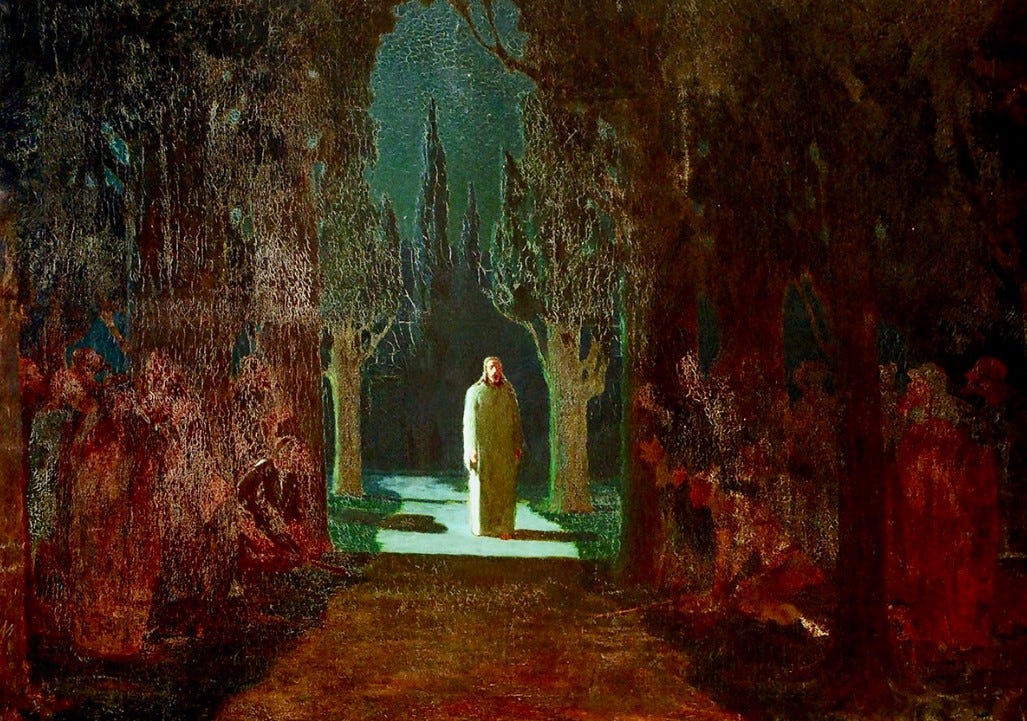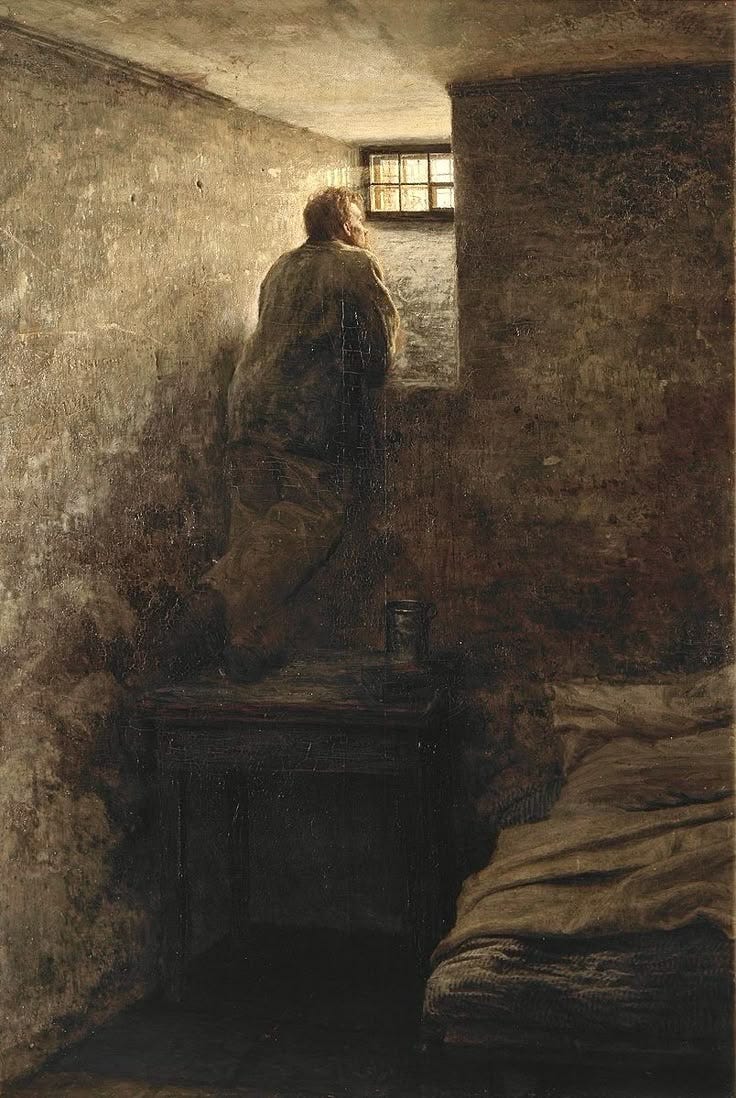Dostoevsky Predicted the Century of Genocide
The philosophical mistake that paved the road to mass murder
Notes from Underground is the best book to acquaint yourself with Dostoevsky’s genius. This short novella captures the intellectual scope and poignancy of his four great masterpieces — Crime and Punishment, The Idiot, Demons, and Brothers Karamazov.
At first glance, the novella appears deceitfully simple — it follows the ramblings of an angry and spiteful recluse, journaling to himself about his hatred for himself, mankind, and all of existence. But there’s far more to this story than the ramblings of a madman.
Ultimately, Notes from Underground is a haunting prophecy of genocide. Dostoevsky saw that the Russian intelligentsia of his day had made a grave mistake about human nature, a mistake that he believed would send millions of people to their death… and a few decades later, he’d be proven right.
Here’s Dostoevsky’s warning in Notes from Underground, and the fatal mistake that ushered in the “century of genocide.”
Reminder:
I offer one on one coaching for men, focusing on faith, fitness, and the Great Books. More info here.
Additionally, if you’d like to support my mission of restoring Truth, Beauty, and Goodness to the West, subscribe below!
The Underground Man
Notes from Underground is chiefly a polemic work. It attacks the ideas of Russian nihilist Chernyshevsky, and the utopian European philosophies that inspired him.
Dostoevsky attacks these ideas through the protagonist of this work, who is known as “Underground Man.” He’s a retired, 40 year old civil servant who lives alone in a cramped apartment. He has no friends nor family, and feels a bitter detached hatred towards his fellow man.
His introduction is haunting and wrathful:
“I am a sick man… I am a wicked man. An unattractive man.”
Why does Underground Man hate himself? Because he’s an outcast who has done nothing with his life. He blames his woes on, “heightened consciousness,” lamenting that:
“To be too conscious is a disease—a real, thorough disease.”
So Underground Man is trapped inside his head, and this is due to his education. He was well versed in the European philosophies of the day that were flooding into Russia.
In a nutshell, these philosophies preached rational utopianism:
They presumed that human nature was inherently good, and that mankind was a being of pure rationality.
The hope was this:
Through education, a “new man,” of enlightened self-sacrifice could be created, and used to socially engineer a utopia full of pleasure and free of suffering.
Underground Man, however, refutes this idea. Given his education, he’s the embodiment of this enlightened new man, but he’s not rational, noble, nor loving. Instead he’s hateful, inept, and trapped in his mind.
But Underground Man will show us that there’s something even worse lurking, a true danger to this rational utopianism that will lead to catastrophe.
Against Utopia
After Underground Man spends some time attacking his fellow man, denouncing them as vile creatures, he turns his attack against the rational utopian thinkers.
He scoffs at their idealism, their belief that a utopia can be socially engineered:
“Who was the first to proclaim that man does dirty only because he doesn’t know his real interests; and that were he to be enlightened, were his eyes to be opened to his real, normal interests, man would immediately stop doing dirty, would immediately become good and noble…
Oh, the babe! Oh, the pure, innocent child!”
Underground Man calls the rational utopians of his day fools. He says they fundamentally misunderstand human nature. Their fatal mistakes are assuming that:
Human nature is inherently good
Human beings are inherently rational
Rational human beings always want what’s best for them (maximize pleasure, minimize pain)
Underground Man says this view of nature is all wrong. In fact, he asserts that man sometimes desires chaos:
“On occasion man’s profit not only may, but precisely must consist in sometimes wishing what is bad for himself, and not what is profitable.”
He justifies this by pointing out that the greatest wars and atrocities in human history were committed by supposedly educated, civilized, “rational” men.
In other words, though man has the ability to act rationally, he is not a solely rational creature. Man is a mixture of rationality, will, and human desire, and sometimes he desires the very things that are bad for him, even though he knows rationally they’re bad (consider, for instance, an alcoholic, or the junk food addict).
Still, you might ask:
Is this really a big deal? Are there any real consequences to this quibbling over human nature?
Dostoevsky would scream:
Yes! These “quibbles,” of human nature have put the soul of humanity itself on trial!
He predicted that if the rational utopians continued in their mistaken assumptions on human nature, it would result in chaos, bloodshed, and mass murder.
Tragically, it took only four decades to prove him right.
So what did Dostoevsky see?
He recognized there was one human motivation his opponents hadn’t accounted for, an irrational motive in human beings that, once exploited, opened up the doors to the, “century of genocide…”





